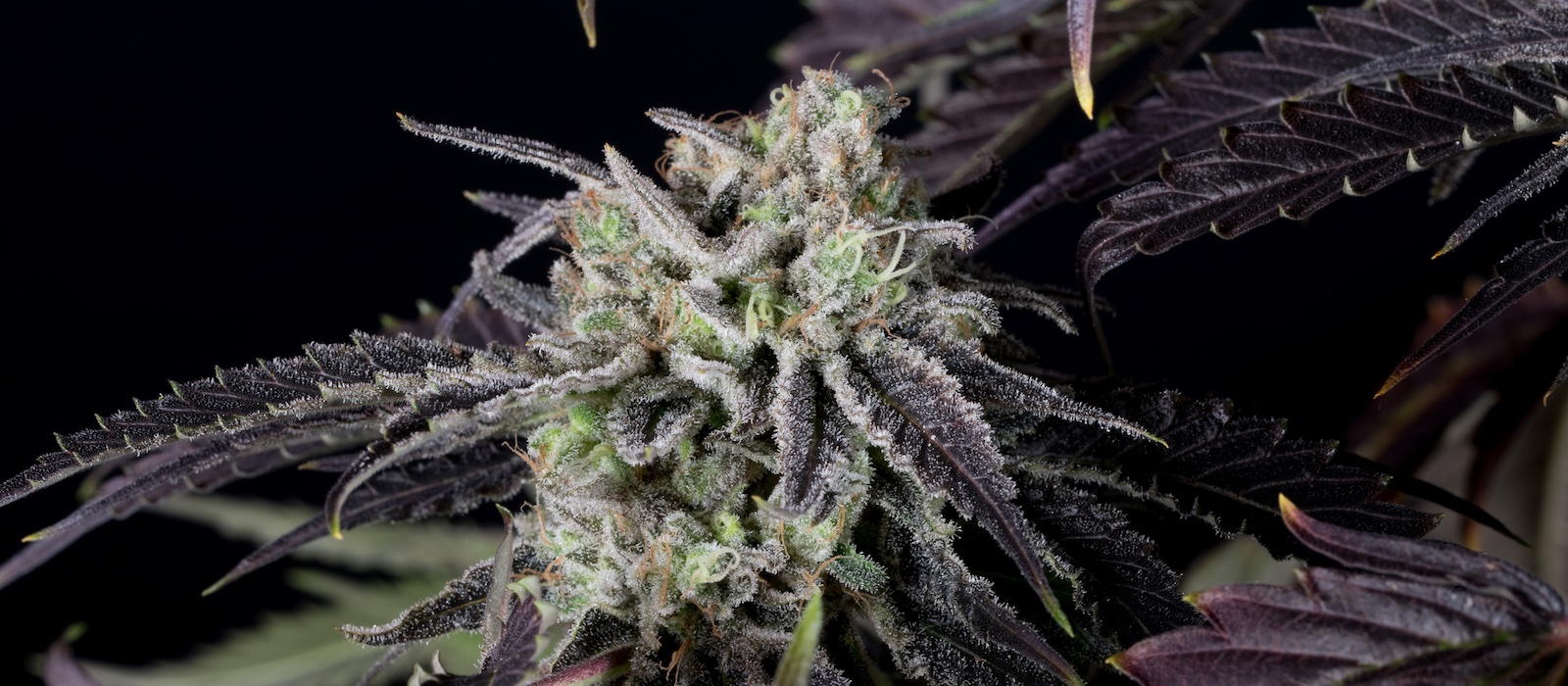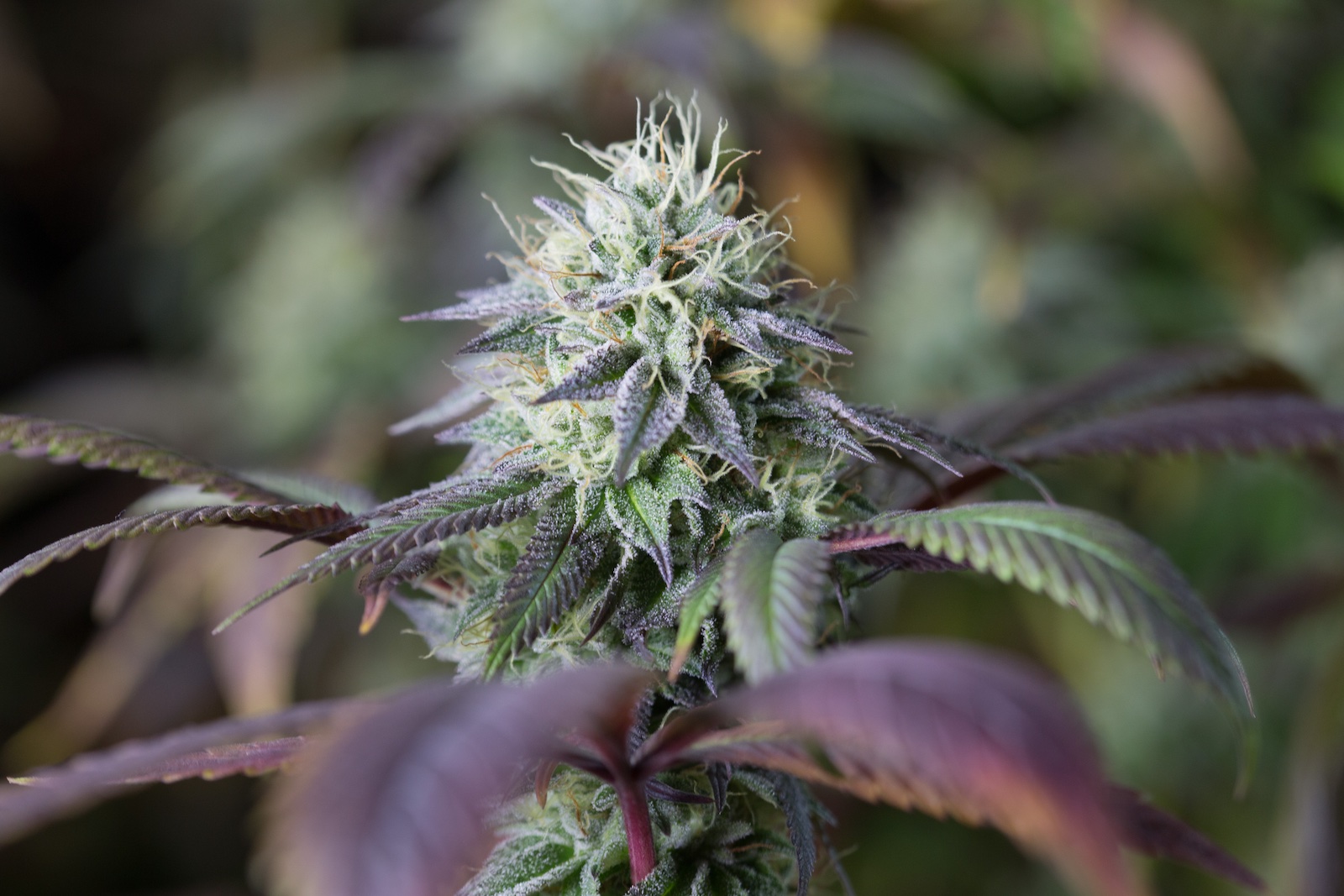- For decades, the cannabis community has upheld the theory that cannabidiol (CBD) and tetrahydrocannabinol (THC) work together to balance their effects on the human body.
- According to this belief, CBD can moderate the psychoactive effects of THC, particularly those related to anxiety and paranoia.
- However, recent research challenges this narrative, suggesting that the interaction between these two compounds is much more complex and far from a simple "tug-of-war".

For years, the idea that CBD acts as a "natural balancer" of the effects of THC has been widely promoted. This theory stems from the unique properties of each compound and the so-called "entourage effect", a phenomenon suggesting that all components of the cannabis plant (cannabinoids, terpenes, flavonoids, etc.) work synergistically to enhance each other's properties. This interaction is believed to amplify the overall sensory impact of cannabis while potentially reducing adverse effects compared to consuming cannabinoids individually.
THC is best known for its psychoactive properties, producing effects such as euphoria, sensory alterations, and, in some cases, anxiety or paranoia. It primarily activates CB1 receptors in the endocannabinoid system, which are predominantly located in the brain.
On the other hand, CBD is non-psychoactive and has been associated with calming, anti-inflammatory, and antipsychotic effects. It's been long believed that CBD can alleviate the adverse effects of THC by reducing its activation of CB1 receptors.
This complementary relationship has formed the basis of many medical cannabis formulations, particularly for those sensitive to THC. But is this assumption valid? New studies say not necessarily, challenging the notion that CBD consistently mitigates THC's psychoactive effects.
What Recent Research Says About the CBD-THC Interaction
A study published in Clinical Pharmacology & Therapeutics, and conducted by researchers at the Centre for Human Drug Research in the Netherlands, examined the combined effects of these cannabinoids in participants who ingested 9 milligrams of THC and 450 milligrams of CBD. Participants reported feeling significantly more "stoned" in both body and mind than when consuming THC alone.
When analysing the participants' blood, researchers observed elevated levels of THC and its metabolites, suspecting that the high dose of CBD inhibited THC metabolism in the body, thereby increasing its presence and intensifying its psychoactive effects. While this interaction was also evident with a lower CBD dose of 30 milligrams, the smaller dose did not significantly amplify feelings of intoxication, suggesting that the interaction depends on the amount of CBD consumed.
Therefore, this finding suggests that CBD doesn't act as a universal antidote to the effects of THC as previously believed. In fact, at sufficiently high doses, CBD appears to enhance THC's psychoactive effects.
Although this study provides compelling evidence, it is important to note that only oral ingestion of CBD and THC was examined. Researchers concluded that, while there's an interaction between the two compounds, the influence of CBD on THC depends on numerous factors, including the cannabinoid ratio, the total dose consumed, the method of administration, and individual characteristics such as genetics and metabolism.
These findings compel us to rethink how we interpret this CBD-THC interaction, especially in the context of therapeutic and recreational use.

Mechanisms Behind the CBD-THC Interaction
To understand why CBD doesn't always balance THC, it is essential to delve into the biological mechanisms of the endocannabinoid system.
THC is a partial agonist of CB1 receptors, meaning it binds to and activates these receptors, producing its psychoactive effects. Conversely, CBD has a very low affinity for CB1 and CB2 receptors – instead, it acts as an indirect modulator, interfering with signals from other compounds, including THC.
Additionally, CBD affects various systems in the body, including serotonin receptors, calcium channels, and TRPV1 receptors, which play roles in pain and anxiety regulation. This suggests that the effects of CBD aren't always directly tied to THC but depend on a broader spectrum of interactions within the human body.
Recent research also indicates that the modulation of CBD is not strong enough to completely "switch off" the effects of THC, particularly when THC is present in high doses.
The Complexity of Variables: Dose, Ratio, and Context
Another key insight from recent studies is the importance of variables influencing this CBD-THC interaction. For example:
- CBD-to-THC Ratio: In products with high THC and low CBD ratios (common in many modern recreational strains), CBD is less likely to significantly impact THC's effects. In contrast, the effects of THC may be milder in formulations with a high CBD ratio.
- Total Dose: The amount of THC consumed may exceed CBD's modulatory capacity, which would explain why some users experience anxiety or paranoia even with products containing both cannabinoids.
- Method of Administration: How cannabis is consumed (inhaled, ingested, or applied topically) affects how CBD and THC interact in the body. When cannabis is ingested, for instance, cannabinoids pass through the liver, where they are metabolised differently than when they are inhaled.
These factors add another layer of complexity to the already intricate relationship between these two cannabinoids.

Implications for Therapeutic and Recreational Use
The belief that CBD "tames" THC has significantly influenced the formulation of medicinal and recreational cannabis products. Many users choose products containing both CBD and THC hoping for a more balanced and less intense experience. However, the latest evidence suggests that this expectation may not always hold true.
For recreational users, this could mean adjusting their choices based on personal experience rather than marketing claims. For patients using medical cannabis, it is crucial for doctors and specialists to consider these findings when recommending products and dosages.
More Questions Than Answers
The relationship between CBD and THC remains a dynamic and evolving field of study. While CBD's therapeutic properties are undeniable, its ability to counteract the effects of THC may not be as consistent or universal as previously thought. This underscores the need for further research to analyse not only the interaction between these two compounds but also their impact on different individuals and contexts.
Ultimately, a deeper understanding of this interaction could pave the way for safer and more effective cannabis formulations for both medical and recreational use. For now, cannabis remains a plant full of mysteries, and we are only just beginning to unravel them.



Comments from our readers
There are no comments yet. Would you like to be the first?
Leave a comment!Did you like this post?
Your opinion about our seeds is very important to us and can help other users a lot (your email address won't be made public).